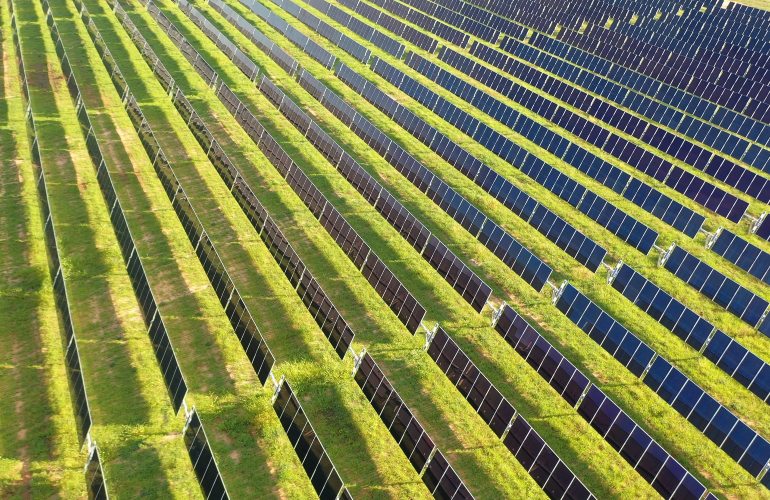House of Representatives passes Clean Energy Jobs and Innovation Act
On September 24, the House of Representatives passed the Clean Energy Jobs and Innovation Act (H.R. 4447). The bill now moves to the Senate.
Key attributes of H.R. 4447, according to the Natural Resources Defense Council:
- Sets a goal for the country to reach net-zero pollution no later than 2050.
- Makes environmental justice a priority and requires every agency of the federal government to add environmental justice to its mission.
- Revamps the government’s energy research programs to focus on the most important challenges to each of the technologies and sectors, including bringing down the barriers to offshore wind, improving solar manufacturing processes and developing technologies and tools to integrate large amounts of wind and solar on the grid.
- Builds up grant programs in energy efficiency, clean transportation, grid modernization and workforce development.
Jessica Ennis, legislative director for climate and energy at Earthjustice, issued the following statement in response to the bill’s passage:
“The Clean Energy Jobs and Innovation Act is a foundational down payment on climate action at a time when the stakes of the climate crisis have never been more clear. We applaud the House for taking bold action to advance environmental justice and a pollution-free, clean energy future.
“This legislation is a significant step forward to confront our country’s legacy of environmental racism and injustice. Low-income communities and communities of color are disproportionately impacted by pollution, and this legislation gives these communities the right to hold polluters accountable in court.
“It includes critical provisions to expand energy efficiency and accelerate our transition to 100% clean energy. It also makes record investments to reduce transportation emissions, which threaten public health and are the largest source of climate pollution in the U.S. There are provisions we hope to see removed before it is signed into law, including investments to advance carbon capture and utilization and technologies to produce chemicals and plastic from fracked gas.
“We look forward to continuing to work with Congress to build a just and equitable clean energy future.”
Gregory Wetstone, president and CEO of the American Council on Renewable Energy (ACORE), issued the following statement:
“ACORE has endorsed many of the renewable energy, energy storage and grid modernization provisions in the Clean Economy Jobs and Innovation Act, and embraces the workforce diversity and environmental justice goals of the legislation. But even the most productive federal R&D won’t be commercialized and deployed for a number of years, and there is precious little in this legislation to accelerate the decarbonization of our electric grid today. What the renewable sector needs most right now is temporary refundability for renewable tax credits so that renewable energy projects can be completed in spite of a COVID-constrained tax equity market, and a delay in the scheduled phasedown of existing credits in recognition of the adverse nationwide impact the pandemic has had on renewable deployment this year. Enacting these commonsense emergency relief measures into law would stem job losses in every state, keep us from falling even further behind our climate commitments, and help the renewable sector power the nation’s economic recovery.”
Kelly Speakes-Backman, CEO of the U.S. Energy Storage Association, issued the following statement:
“Today the U.S. House of Representatives moved definitively to elevate the priority of public innovation investments in energy storage,” said U.S. Energy Storage Association CEO Kelly Speakes-Backman. “By passing H.R. 4447, the Clean Economy Jobs and Innovation Act, numerous bipartisan proposals for promoting energy storage are moving forward, including increasing R&D and demonstration investments in energy storage technology, integrating storage across all DOE Energy offices, assisting rural customers with storage for resilience, and incorporating storage into public investments in transportation electrification and workforce development. ESA is pleased to support these efforts to ready the electric system for 21st century demands to provide resilient, efficient, sustainable, and affordable electric service. We encourage members of the Senate to swiftly advance their similar legislation this Congress.”
<!–
–>
Original Source: https://www.solarpowerworldonline.com/2020/09/house-of-representatives-passes-clean-energy-jobs-innovation-act/













